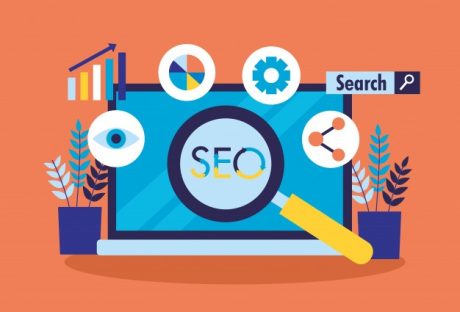Content is the lifeblood of digital marketing. It’s your single best source for attracting prospects, educating them, and moving them down the conversion funnel. But the way content works has changed—and so have the content marketing challenges. Content marketing becomes more complex every year and requires a lot of effort to keep it fresh and interesting. Let’s take a deep dive into our list with the key content marketing challenges for the upcoming year.
Contents
1. Maintaining brand consistency

People want to know that they are getting the same quality of content from your company, no matter where they are looking. This includes your blog, social media channels, print collateral, ads, etc. It’s critical to create a consistent brand through all of your channels so that your customers can easily find you. By having a consistent brand across multiple platforms, you’re telling customers they can trust you, and you’re also building up their loyalty towards your brand.
Another challenge will be your authority in relation to content creation. You want to make sure that what you’re sharing with your audience is valuable and worth their time. Brands will have to work harder than ever before to maintain their authority over the market. Make sure you get your name out there and keep your company with customers and prospects top of mind. Also, make sure your brand’s voice is unique and listen to feedback from your audience so you can become more authoritative on topics people care about.
3. Establishing an omnichannel marketing strategy
Creating content for each of the social media platforms can be overwhelming. However, the right headless CMS platform can help you deliver content across various devices. What is a Headless CMS, you wonder? This type of content management system not only delivers your content to your website but also powers other channels and devices. It gives you the freedom to manage your content without writing code, making it easy to publish across screens like websites, blogs, or mobile apps.
4. Generating high-quality leads

Content is king, but the king will die without loyal subjects. There is no magic recipe for generating leads through content marketing. Existing tools provide only basic targeting options, and they are often too broad to reach your specific audience. The lack of targeted leads means that many companies cannot meet their goals and scale their businesses, despite creating high-quality content regularly. You’ll have to start testing different types of content and lead generation strategies if you want to see results and improve your conversion rates.
5. Creating engaging content
Today’s readers prefer engaging content because it helps readers to learn something new from them. Instead of selling products directly through your blog posts, you have to find an indirect way to do it by providing valuable information and solutions for your readers’ needs. This will help you build trust and credibility with your readers, which is essential for a successful online business.
6. Keeping up with Google’s algorithms
Google’s algorithms are constantly changing. In order to ensure optimal search rankings, SEO experts say that companies must diversify their strategies by adding engaging video content that is optimized with keywords that relate to the company’s brand. Video content also has the advantage of being easily shared across all social media channels. A Google algorithm update can have enormous implications for your business. To keep up, you need consistent content that builds brand awareness, customer loyalty, and ultimately, profits.
7. Using interactive content

In 2022, brands will have to come up with new ways to engage their audience and add interactivity to their content to stand out from the crowd. All these factors will contribute to a major shift in where content is consumed and how it’s consumed. This evolution will be fueled by the rapid adoption of mobile devices, increased bandwidth, and the growing popularity of voice search. The main challenge for marketers will be providing content that is easy to digest on all these platforms.
Read Also:























